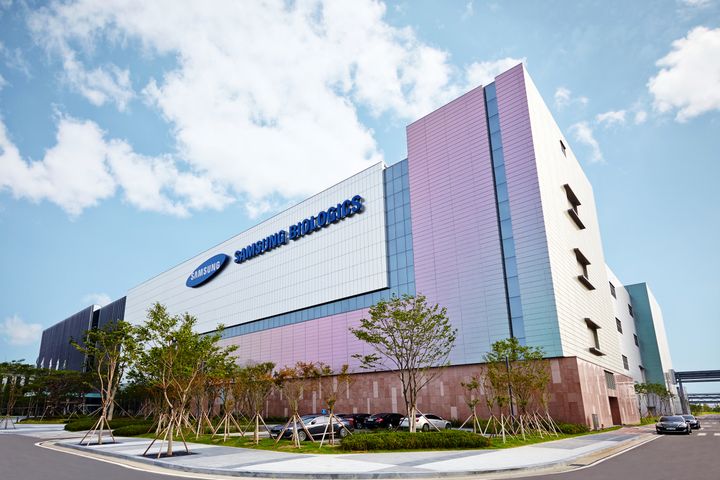Embracing Biopharming at the London Biotechnology Show: A Revolutionary Path to Sustainable Medicine
Nature has been a perennial source of remedy and cure for humanity. We have Aspirin yielding willow trees, and Artemisinin used as treatment for malaria. Adding to these magical powers of nature, science has manipulated it more to produce high-valued pharmaceuticals. This method to transform plants, animals and microbes into miniature pharmaceutical factories, offering the potential to revolutionise drug production, is called Biopharming.
Biopharming involves the insertion of gene constructs into plants, animals and microbes to produce pharmaceutical substances. For instance, the gene that expresses the human insulin is inserted into the bacterium E. coli, making this genetically modified bacteria a source of insulin for years now, used to treat diabetes.
Similarly, plants are inserted with foreign gene coding for medically important proteins, such as therapeutic proteins and monoclonal antibodies. One of the marvellous innovations of genetic engineering in plants is Golden Rice, which provided a solution to a serious problem of malnutrition in the developing world, mostly populations in Africa and Southeast Asia. This genetically engineered rice contains beta-carotene—the precursor to vitamin-A deficiency, potentially saving millions from ill health.
Likewise, animals' DNA is altered to produce human proteins with medicinal value. Transgenic animals, including cows, goats, and other livestock, are used to produce valuable proteins that are collected from milk, eggs, or blood. For example, cows and goats have been genetically modified to secrete Antithrombin, a critical protein used to treat blood disorders, into their milk.
Biopharming's potential lies in its ability to harness nature's own mechanisms to produce pharmaceuticals, often more cost-effectively than traditional methods. Harnessing the sun's energy, with water and carbon dioxide as primary raw materials, makes the production highly sustainable in case of transgenic plants. Similarly, using farm animals for drug production has many advantages because they are reproducible, have flexible production, and are easily maintained.
Biopharming represents a ground-breaking innovative solution for pharmaceutical production. From transforming plants into bioreactors for vital medicines to genetically modifying animals to produce therapeutic proteins, the possibilities are vast. Embracing biopharming's potential could pave the way for more cost-effective, eco-friendly, and accessible medicines, benefiting countless lives worldwide.
The London Biotechnology Show provides a unique opportunity to delve into the advancing realms of biopharming, where the focus lies on promoting healthier and sustainable solutions. As humanity grapples with the intricate domains of medicine and science, this show serves as a platform to explore the promising potential of biopharming, providing an opportunity to interact, showcase, and collaborate towards a more sustainable healthcare.




 Industry Inscript is a subsidiary of Valiant and Company Ltd.
Industry Inscript is a subsidiary of Valiant and Company Ltd.
Comments ()